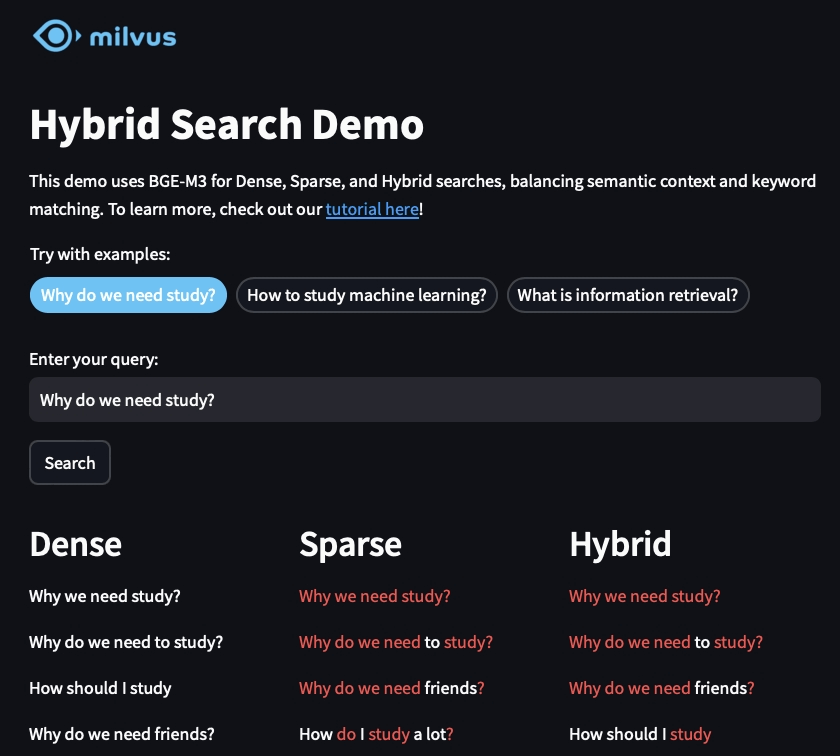Phrase queries and term queries are two fundamental concepts in information retrieval with distinct behaviors. A term query searches for individual words or tokens independently, ignoring their order or proximity. For example, searching for the terms “quick” and “brown” in a term query would match any document containing both words, regardless of whether they appear as “quick brown fox” or “brown quick fox.” Term queries treat each word as a separate unit and focus on presence rather than sequence. In contrast, a phrase query requires words to appear in a specific order and adjacency. Searching for the phrase “quick brown” would only match documents where “quick” is immediately followed by “brown,” such as in “quick brown fox,” but not “brown quick fox.”
The technical implementation differs significantly. Term queries rely on inverted indexes, which map each term to a list of documents containing it. For a multi-term query like “quick brown,” a term-based approach retrieves documents where both terms exist, but without positional checks. Phrase queries, however, require the search engine to track the positions of terms within documents. For example, if “quick” is at position 5 and “brown” at position 6 in a document, a phrase query would match, but not if they are separated by other words or in reverse order. Systems like Elasticsearch use positional data in their indexes to enable this, and queries like match_phrase enforce strict ordering and proximity.
For developers, choosing between term and phrase queries depends on the use case. Term queries are efficient for broad matches, such as tagging systems or keyword searches where word order doesn’t matter. For instance, searching for “user login” as separate terms might return documents about “login user issues” or “user authentication during login.” Phrase queries are critical when exact wording matters, like searching for a quote (“to be or not to be”) or a product name (“Windows 11 Pro”). However, phrase queries can be slower due to positional checks and may miss relevant results if the phrasing varies slightly (e.g., “quick, brown fox” with a comma). Balancing precision and recall is key: use term queries for flexibility and phrase queries for accuracy.
